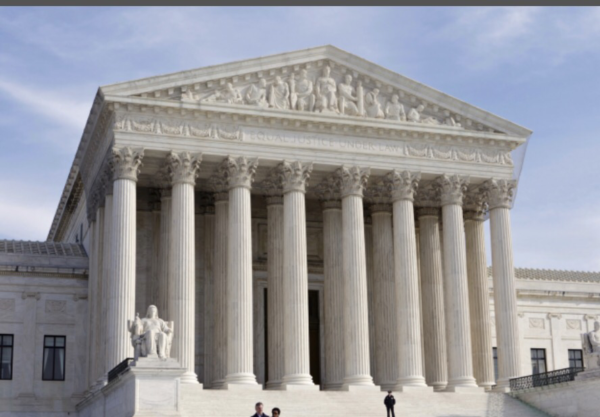The US Supreme Court will hear the Muslim Ban cases in October. In the meantime they have lifted the injunctions on parts of the ban.
Here are the main points you need to know:
Starting Thursday June 29 at 8:00 pm If you are from these 6 countries (Iran, Syria, Yemen, Somalia, Libya and Sudan) and don’t have a bona fide relationship (personal, work, study) AND don’t already have a visa by June 28, 2017 – you can’t get a visa or enter the United States for 90 days starting June 29, 2017.
It will be up to the State Department at the US embassy/consulate abroad and CBP at U.S. customs to determine whether the visitor has a “bona fide” relationship.
– Trump administration will be allowed to enforce the ban starting on Thursday, June 29 (72 hours after the court’s ruling was issued).
– Anyone with a “bona fide relationship” with a person or organization in America will be allowed to enter, as will anyone who already has a valid visa to enter the US. In practice, according to the ruling, that means that people coming “to live with or visit a family member” will be allowed into the US. So will people coming to study “are already admitted in a U.S. institution”, teach, or speak at American schools or work “already have a job offer from an American business.”
– Due to the Court’s ruling, the Trump administration will be able to bar citizens of Iran, Libya, Somalia, Sudan, Syria, and Yemen from entering the United States for a period of 90 days, and bar nearly all refugees from entering the US for a period of 120 days — but only if they haven’t already been issued a valid visa, and only if they don’t have a “bona fide relationship”
– Refugees who don’t have jobs, and those who don’t have close family wont be allowed to enter for 120 days starting June 29, 2017. There is some confusion here as to whether simply being a client of a resettlement agency counts as a “bona fide” relationship. All refugees already have that relationship. It’s not clear whether the Trump administration will accept this.

